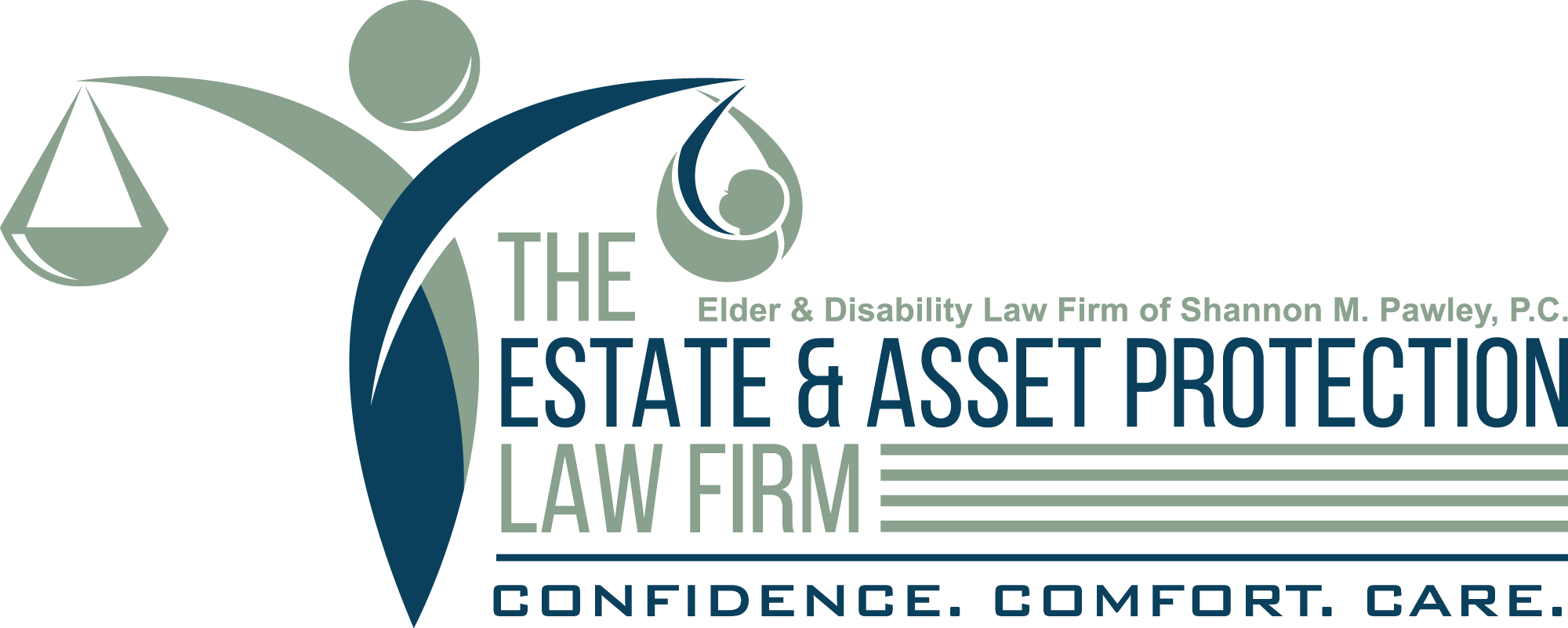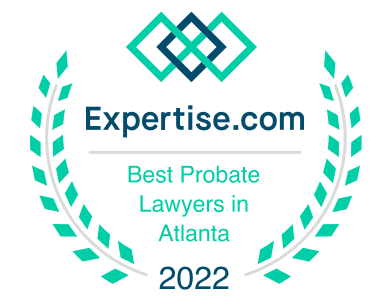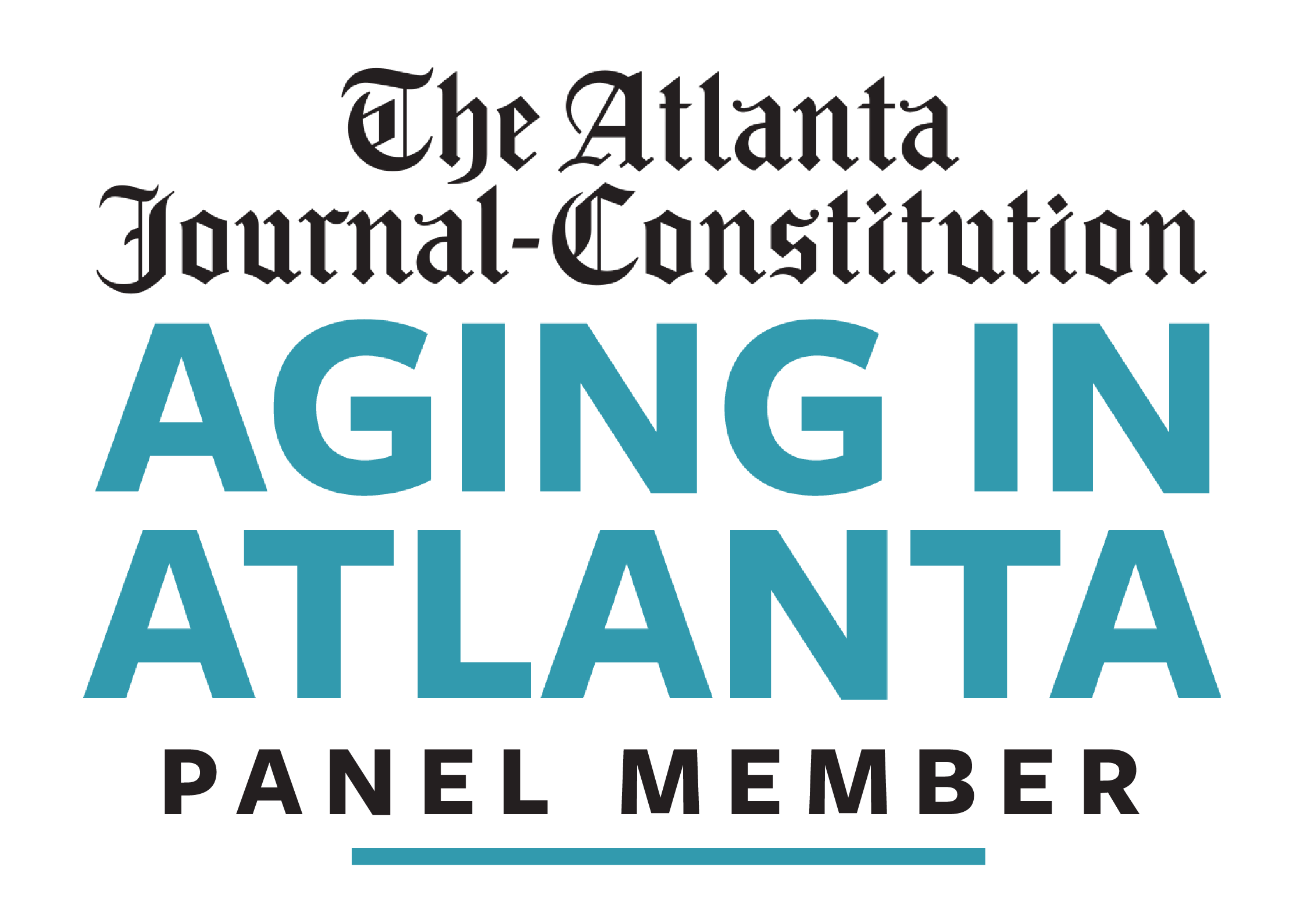Myth: Long-term Health Care – Free Once Approved For Medicaid

Is Long-Term Health Care Free Once You Have Medicaid?
If you believe long-term health care through Medicaid care is free once approved for Medicaid, you’re not alone. Many people believe this myth. However, apart from a handful of cases it simply isn’t true. In fact, most applicants for Medicaid long-term care are responsible for what is commonly referred to as cost-sharing.
Medicaid Patient Liability or resident liability blows this myth out of the water. This is the amount a Medicaid recipient must pay toward the cost of nursing home care, long-term home care and/or other community-based services. In other words, cost-sharing is the monthly amount a Medicaid beneficiary must pay from his / her income before Medicaid will cover the remainder of the costs.
Income Limits Determine Cost-Share
As mentioned in an earlier blog, (see You May Qualify For Long-term Care Even If Your Income Exceeds Medicaid Requirements), Medicare does not cover long-term health care. You must apply for Medicaid. And there are strict income requirements which must be met to qualify and be accepted.
The 2023 income limit for nursing home Medicaid is $2,742 monthly. At that amount, Medicaid beneficiaries would be required to use almost all their monthly income to pay for nursing home care. Additionally, each state has their own income levels. Factors include whether there is a spouse at home and the personal needs deduction.
An Example of Long-Term Health Care and Medicaid Limits
Let’s look at an example:
Ed is a nursing home Medicaid beneficiary with a monthly income of $2,000. The state in which he resides allows a $75 / month personal needs allowance. He has a healthy spouse living at home. This spouse is entitled to a $1,000 / month spousal income allowance. Therefore, his total allowable deductions are $1,075 / month. When these deductions are subtracted from his monthly income, it leaves him with a monthly cost share or patient liability of $925 / month. ($2,000 in income minus $1,075 in deductions = $925 patient liability).
If your income level is below the Medicaid requirements, you will typically be entitled to long-term healthcare. This is the only way Medicaid long-term health care is “free.” A vast majority of people, however, won’t get this benefit. They have income levels preventing them from qualifying for Medicaid long-term healthcare. Even if you exceed the strict qualifying income levels, you can still qualify for Medicaid long-term healthcare. This happens through establishment of a Miller Trust or Qualified Income Trust.
Here’s how a Miller Trust works in Georgia.
Exceeding income must first be deposited in the applicant’s checking account. Then, it’s transferred over to the trust account. If the Miller Trust is drafted and established correctly, Medicaid policy states any money that goes into the trust account does not count as income to the applicant for eligibility purposes.
Please note… Although we are focusing on the income limit in this article, do not forget that there is also a resource (asset) threshold that the Medicaid Applicant must also be under.
Medicare Provided Long-Term Healthcare Is Not Free For Most, But Is Affordable For Most
While long-term Medicaid healthcare is not free for most people, it can be an affordable option for most. If you would like to discuss setting up a Miller Trust to qualify for Medicaid long-term care benefits, give my office a call at 404-370-0696 and let us help you receive the benefits you need without compromising your income.
Resource:
https://www.medicaidplanningassistance.org/question/what-is-resident-patient-liability-for-medicaid/
Looking to find an experienced estate lawyer in the Georgia area who is skilled in asset protection and estate plan preparation? Shannon Pawley is an attorney in Georgia with expertise in estate planning and asset protection. Shannon can provide assistance with creating an estate plan to include making a will and how to establish a trust properly. If you have questions about asset protection or questions about making an estate plan, reach out to Shannon and she will be glad to help answer all the estate planning questions you might have!










